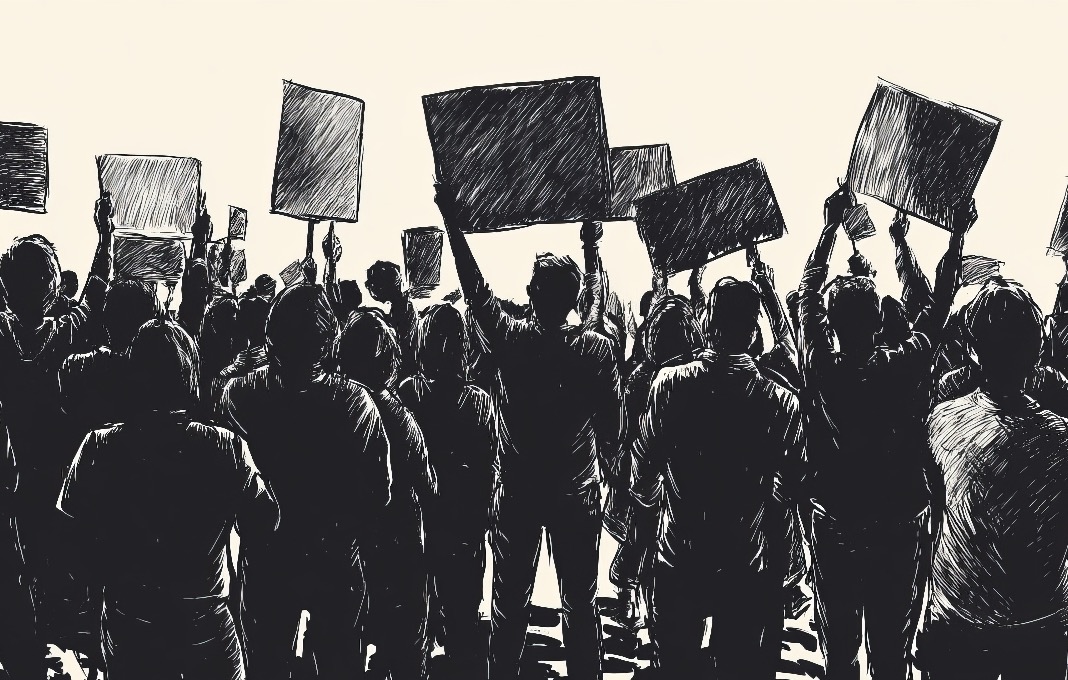We asked ten contributors to pick three films from 2022 that they think everyone should see before making their top ten lists of the year. These are the choices of Simon Abrams.
It’s hard to know how to talk about, let alone recommend, overlooked movies from this past year. A few of these movies are unknown because of a lack of publicity and/or distribution, though honestly, after a certain point, your guess is as good as mine. I’d even argue that some movies shouldn’t be described as overlooked, not unless we include titles that were released and promoted by known and/or respected cultural institutions. A few of those movies are still somehow featured on my end of the year list, which necessarily remains a work in progress.
In the meantime, I’ve chosen three movies that I fell hard for, but have not yet seen my peers talk much about. These three movies group well together, and not just because two of them feature scenes where the lead protagonist aims his pointer finger at various heavies and somehow, “real” bullets air out his opponents. That’s just a coincidence, ha ha.

“Detective Vs. Sleuths”
The most surprising thing about the unpredictable Hong Kong thriller “Detective Vs. Sleuths” is that it was a big hit with mainland Chinese audiences. Whatever’s left of the Hong Kong film industry has, for decades now, catered to mainlanders’ tastes, so I don’t think anybody expected a box office bonanza from this manic procedural, all about a disgraced and mentally unstable HK police officer who lives under a bridge.
Lee Jun (Lau Ching Wan) was fired from the Royal Hong Kong Police Force 17 years ago, when he violently interrupted a press conference and accused his colleagues of arresting the wrong suspects in two highly publicized investigations. Now a vigilante flash mob is killing people based on Jun’s wild (and unconfirmed) theories, so Jun has to stop them, with the help of the sympathetic—and very pregnant—cop Chan Yee (Charlene Choi).
Lee Jun’s crazed investigation suggests that the tabloid-friendly criminals and serial killers of Hong Kong’s pre-handover past were always symptomatic reflections of a financially unstable and deeply neurotic community of suppressed urbanites. They couldn’t (and really, still can’t) talk about what’s on their minds, because both the mainland Chinese and Hong Kong authorities frown upon that sort of thing, so scapegoats and conspiracy theories became an infectious coping mechanism. That cycle of tortured, egocentric fabulism doesn’t end with Lee Jun’s story. If anything, the movie’s concluding image, of Lee Jun staring at his warped reflection, suggests that there’s no end in sight for this kind of hyper, convoluted, and ultimately irresistible antihero counter-narrative.

“A Man of Integrity”
Iranian writer/director Mohammad Rasoulof’s tragic drama now seems even more devastating five years after its debut screening at the Cannes Film Festival. (I first saw and wrote about it back in 2017.) In real life, Rasoulof was arrested earlier this year for speaking out against police violence on social media. And in “A Man of Integrity,” Rasoulof chases after Reza (Reza Akhlaghirad), a hopelessly principled goldfish farmer who refuses to let his neighbor Abbas (Misagh Zare Zeinab)—and the corporate interests that Abbas represents—bully him into selling his land.
“A Man of Integrity” is a sort of fable about the institutionally structured and protected corruption that makes it impossible for someone like Reza to act on his principles. One hand vigorously washes the other, leaving Reza and his wife Hadis (Soudabeh Beizaee) at the mercy of selfish authoritarians and venal bureaucrats.
Rasoulof takes great pains to show that Reza is neither ignorant nor immune to his actions’ immediate and constant repercussions. And while “A Man of Integrity” may lack the surreal touches that defined some of Rasoulof’s earlier anti-fables, like “Iron Island” and “The White Meadows,” Reza’s story has the stubborn simplicity of a bedtime story, albeit one that doesn’t have a clear beginning or ending. Featuring exceptionally well-realized performances and characterizations, and gorgeous, measured wide-angle compositions by cinematographer and now regular collaborator Ashkan Ashkani, “A Man of Integrity” remains one of Rasoulof’s most quietly stunning and viscerally upsetting dramas to date.

“Too Cool to Kill”
This mainland Chinese remake of the 2008 Japanese comedy “The Magic Hour” not only matches, but sometimes surpasses its charming predecessor. Both movies follow an enthusiastic movie extra who’s tricked into posing as a legendary assassin by a pair of hustlers. The hustlers are, in both movies, trying to appease their paranoid mob boss, who’s convinced that he’s the assassin’s next target. But in “Too Cool to Kill,” the gangster is also a movie producer named Harvey (Chen Minghao), and the two hustlers are Mi Le (Huang Cailun), an insecure film director, and his jaded sister/star, Mi Lan (Ma Li).
Wei Xiang stars as Wei Chenggong, a committed amateur who imagines that any and every challenge to his ego is really a creative opportunity. Wei’s poised and deeply silly performance brings to mind the Chaplin/Lewis-style comedies of Stephen Chow, especially Chow’s 1999 milestone “King of Comedy.”
I was lucky enough to see “Too Cool to Kill” when it was theatrically released earlier this year; a recent rewatch confirmed my small, but enthusiastic audience’s response—this isn’t just another glossy remake.
“Too Cool to Kill” seems to exist in its own self-sufficient artificial universe. The actors’ costumes make them resemble characters in a Broadway play; the sets looks like it was built and not found; and the camerawork and lighting are just artificial enough to call attention to themselves. “Too Cool to Kill” looks like a movie that primarily advertises how good it looks, not just a self-conscious homage to (sigh) the magic of movies.








































































